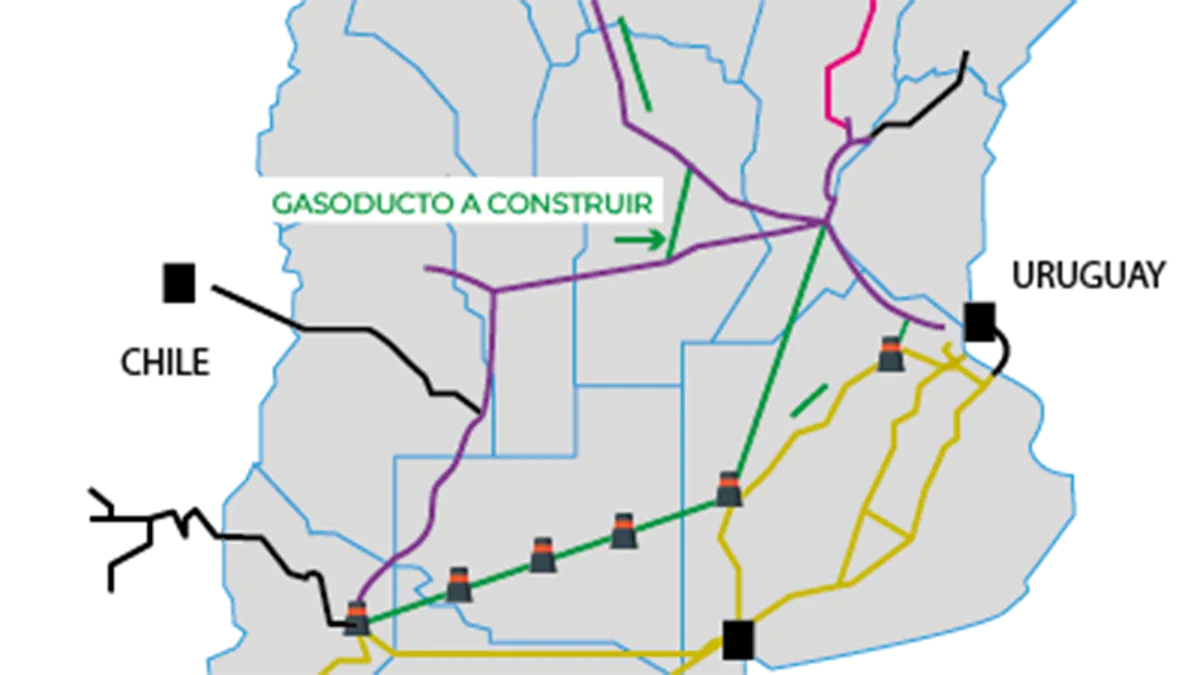At the event, which began at 11 at the company headquarters in the city of Buenos Aires led by its owner, Agustín Gerezthe companies’ proposals were presented BTU, Pumpco and Techint-Sacde.
At the opening of offers, the amounts of the maintenance guarantees of the three bidders were announced: BTU presented a policy for $713,882,957.73, Pumpco one for $713,882,957.79 and Techint-Sacde for $713,882,960.
Gerez highlighted that The work, once completed (May 2024), will allow “to complete the supply with its own energy to all regions of the country, and among the innumerable benefits it will allow the complete replacement of the gas that is imported from Bolivia year after year.”
He also indicated that the reversal “will enable fiscal savings of US$1,960 million on imports, and accompanies a policy that has begun with the President Néstor Kirchner Gasduct in Stage 1 that will allow us a saving of US$4,400 million in 2024.” .
What is the reversal work about?
The work consists of the reversal of the gas flow that is currently from North to South with gas from Bolivia, and the construction of a section between the La Carlota and Tío Pujio plants.
Specifically, a new 122-kilometer (km) long pipeline with 36-inch diameter pipes will be installed between these Córdoban towns; in addition to 2 extensions of 62 kilometers next to the route of the Northern Gasduct, with 30-inch diameter pipes.
The initiative will require an investment of 710 million dollars, of which 540 million will be provided by a loan from the Development Bank for Latin America and the Caribbean -CAF-.
The reversal of the Northern Gas Pipeline will allow gas from Vaca Muerta to be brought to the industries of Córdoba, Tucumán, La Rioja, Catamarca, Santiago del Estero, Salta and Jujuy, as well as the connection of homes to natural gas networks.
It will also lower the cost of electricity generation and natural gas for industries in northern Argentina and will generate 3,000 direct and 12,000 indirect jobs.
It will also give the country the possibility of exporting to northern Chile, central Brazil and Bolivia, and its authorization is scheduled for before winter 2024.
Source: Ambito




